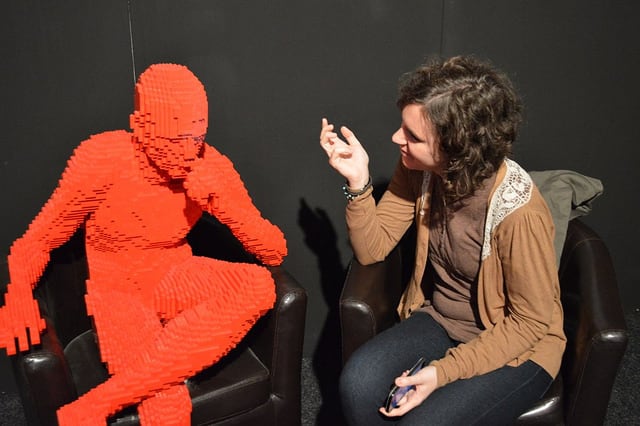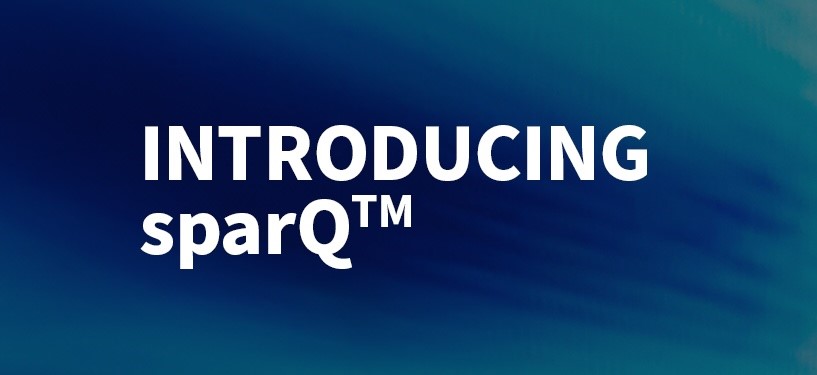If you have hired someone in the past 20 years, I’m sure you have received advice and recommendations on the best behavioral interview questions to ask. These “Tell me about a time” questions have existed for years as the gold standard of understanding a candidates past success to see if they would fit into the role you are hiring. While these questions provide more information than a typical chronological resume interview, do we still believe that the behavioral interview format needs to be changed? Do we still have to ask these questions?
The answer is a bit complicated, I think the questions still serve a valuable place in the actual interview, but the process of understanding how the questions relate to the candidate and the role start well before the interview is conducted. Arbitrarily asking questions to a candidate may not provide the best information to make a hiring decision. However, if managers understand the questions they are asking and understand the answers they are looking for, then these questions provide valuable insight into a candidate behavior and passion.
We should flip the script and focus on behavioral answers instead of behavioral questions. We don’t need to create lists of questions to ask candidates anymore, instead we need to create lists of answers that we want to hear candidates articulate to us. This process helps an interviewer keep their focus on the answers and not the questions and enables a more organic conversation as opposed to an interrogation.
Behavioral interview is best described as the process of predicting future performance based upon past performance in a similar situation. To be able to understand the future performance we need to understand the core behaviors that are required to be successful in a specific role. I typically like to start with 6 basic personality traits ‘or the 6 P’s of Passion’ that I look for in high performers:
- Purpose – Why they do what they do
- Plan – How they do what they do
- Process – What they do to do what they do
- Persistence – What happens when what they do fails
- Persuasive communication – How they get others involved in helping what they do become successful
- Pride – How they celebrate what they do
You do not learn about these traits through asking them as questions, you learn about these traits through answers provided by candidates on situational questions. Candidates should be able to clearly articulate these items when discussing a past project or situation they were in.
Next, I would understand the business challenge you are trying to overcome through hiring for the specific role.
- Mission – essence of the job – Why are you hiring and what needs to get done
- Outcomes or Objectives – To get the job done, what needs to be done at 30/60/90 etc
- Competencies – What Cultural and Skill based competencies articulate a successful team member
Once you understand these items, you can begin developing your situational behavioral answer (not questions) that you want your candidates to articulate to you. Their answers and their careers goals should align to what problems you are trying to solve.
THE INTERVIEW:
Now that you have established an understanding behind the business problem to be solved, the behavioral traits of high performers, and have a list of skills needed to be successful, it’s time to put together your interview plan.
I recommend starting by articulating to the candidate what the problem is and allow a conversation to blossom with the candidate on how they would solve the problem. This frank, open conversation will allow you to sit back and listen for the 6 P’s of Passion to see if they have a behavioral fit for your team and that their process and plan align with how your company operates.
To ensure you are getting the right answers or if the candidate isn’t getting to the point, I recommend questions like these to ensure you are getting all the information you need to make a solid business decision:
Purpose:
- What are the 3 most important things to you in a position?
- What makes you unique?
Plan:
- If I gave you a project (use a real world example), what would you do first? (follow up with questions about what happens next?)
- Tell me about a project that was implemented mainly because of your efforts. What was the plan? What was the outcome?
Process:
- Describe a situation where you had to embrace a new process, technology or idea that was contrary to yours. How did you approach it and add it to your process
- Tell me about a career goal you set for yourself. How did you reach it? What points of failure came about? How did you overcome those hurdles?
Persistence:
- Tell me about the something didn’t go according to plan at work? What was the outcome?
- What is the biggest change you had to deal with in accomplishing a task? How did you adjust?
Persuasive Communication:
- Describe a situation where you needed to persuade someone to go along with you process. What steps did you take? How did it turn out?
- Have you ever had to gather support from coworkers or a group to complete a project? How did it turn out?
Pride:
- What is the biggest goal you’ve achieved in your career?
- How do you measure success?
Keep in mind these are just examples, let the conversation about the business problem drive the follow up questions. Your candidate’s answers will drive the conversation to points where you will know when to ask specific questions.
Behavioral Interviewing is not a skill that only interview Jedi-masters can unlock. Each and every interviewer has the ability to be a successful behavioral interviewer if they take the time before and interview to understand the answers they are looking for. Describe the real world problem so that you and the candidate have a chance to talk openly about a solution for said problem. Then focus on asking questions that drive candidates towards the solution (if they are the right candidate) or away from the solution (if they are the wrong candidate).



